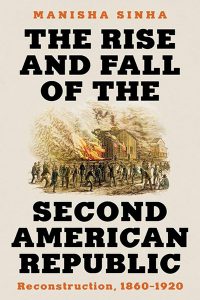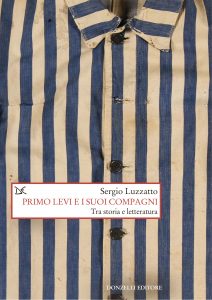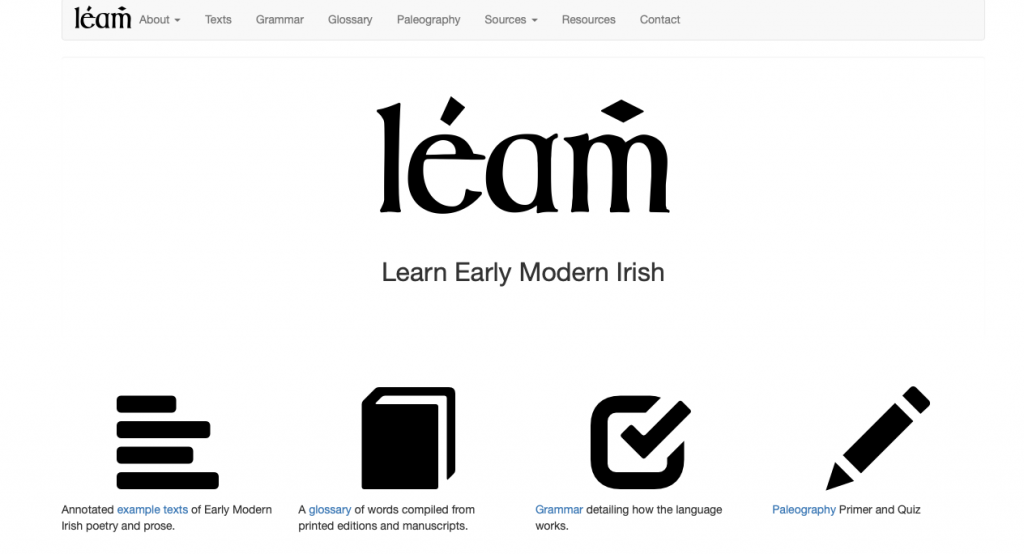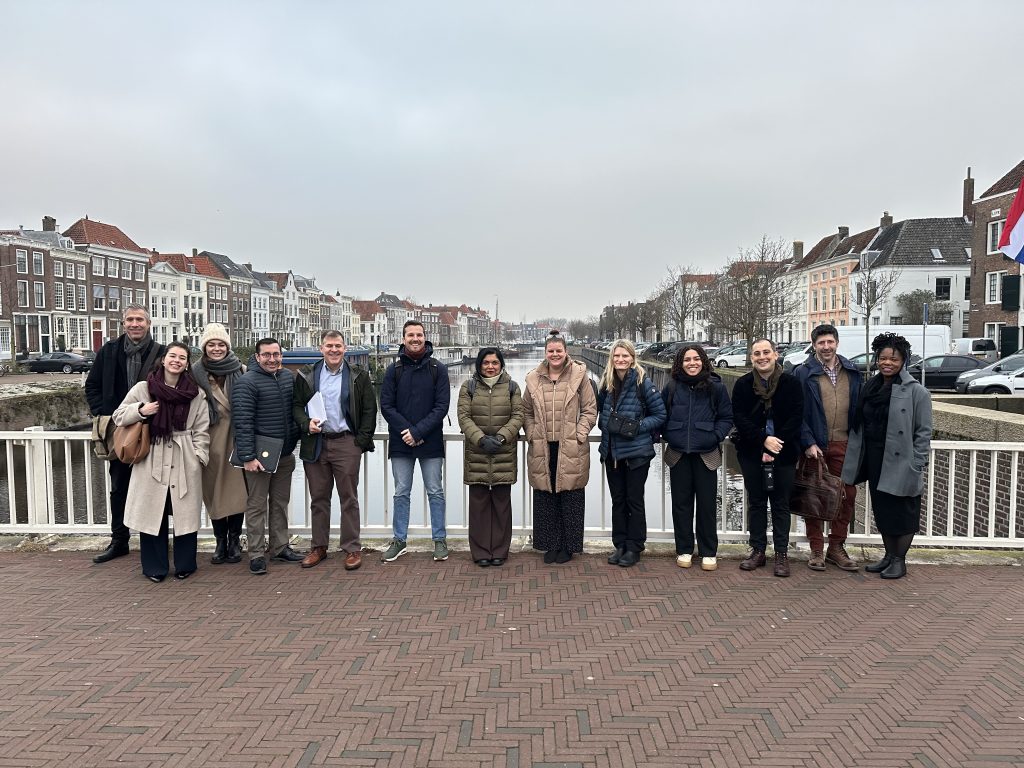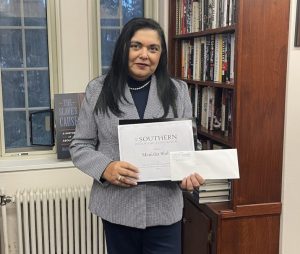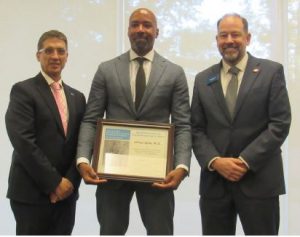This Thursday, Professor Manisha Sinha will be presenting her talk, “The Fall of the Second American Republic” as speaker for the Joanna Dunlap Cowden 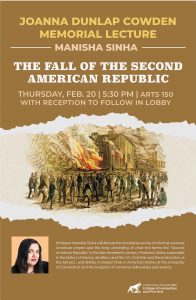 Memorial Lecture. The event will take place at California State University Chico at 5:30 pm. The talk will draw from her book, The Rise and Fall of the Second American Republic: Reconstruction, 1860-1920.
Memorial Lecture. The event will take place at California State University Chico at 5:30 pm. The talk will draw from her book, The Rise and Fall of the Second American Republic: Reconstruction, 1860-1920.
The memorial lecture was established in 2001 to honor the legacy and work of Professor Joanna Dunlap Cowden, a history professor who taught at California State University Chico for 25 years. Professor Cowden’s work focused on United States antebellum and Civil War history.

